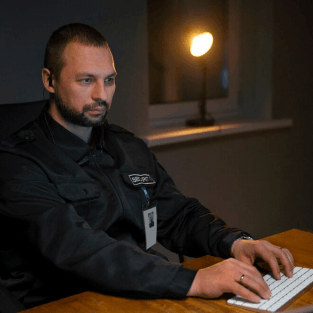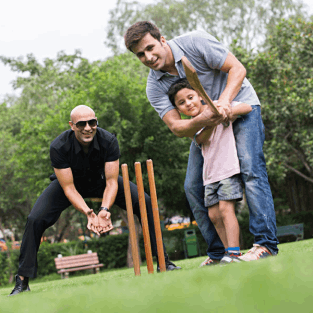Overview
The role of a bodyguard encompasses a diverse range of responsibilities, all aimed at ensuring the safety and security of their client. Primarily, they are tasked with close protection, employing various tactics to prevent potential threats from harming their client. This involves meticulous planning and risk assessment to identify and neutralize any potential dangers before they escalate.
In addition to physical protection, bodyguards often act as a deterrent, their mere presence serving to dissuade potential assailants. They must remain vigilant at all times, constantly scanning their surroundings for any signs of danger.
Moreover, bodyguards are trained in defensive techniques and emergency response protocols, ready to act swiftly and decisively in the event of an attack or crisis. This includes providing first aid or coordinating with law enforcement if necessary.
Furthermore, a bodyguard's duties extend beyond mere physical protection. They may also be responsible for managing logistics, such as planning secure travel routes and coordinating with other security personnel.
Effective communication skills are essential, as bodyguards often liaise with clients, their entourage, and other security personnel to ensure a cohesive security strategy. Confidentiality and discretion are paramount, as bodyguards are privy to sensitive information about their clients' movements and activities.
Overall, the work of a bodyguard is demanding and multifaceted, requiring a unique blend of physical prowess, strategic thinking, and interpersonal skills to safeguard their client's well-being effectively.
- Protection
- Surveillance
- Risk Assessment
- Escort Duty
- Crowd Control
- First Aid
- Communications
- Firearm Skills
- Emergency Planning
- Professionalism










